Linguistic Superpowers: Samuel R. Delany's "Babel-17"
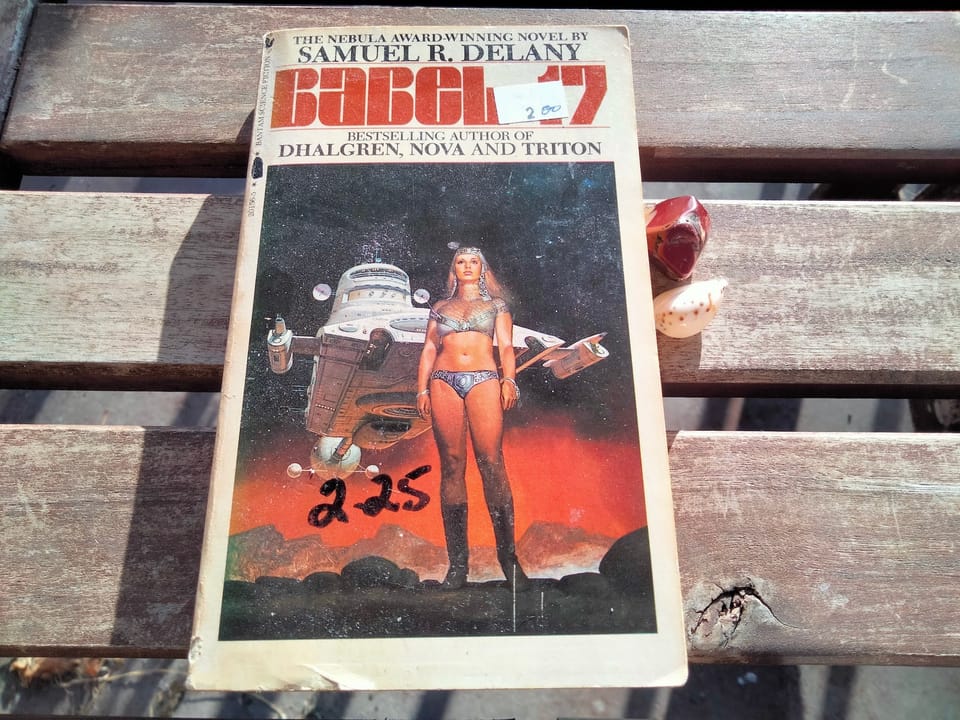
Can I assume that anyone reading this blog knows who Samuel R. Delany is? I suppose not. Like Gene Wolfe, he’s one of those writers who is universally known in the science fiction community but rarely heard of outside it. Also, I suspect that for many of the younger generation of fans, he’s an author frequently respected but less often actually read, since his books tend to be a bit obtuse by modern standards.
For those who don’t know, Delany was one of the most respected SF novelists of the 60s and 70s. He was among the first wave of writers to bring a literary sensibility to science fiction; his novels are complex, mysterious, sometimes maddeningly difficult to get to grips with. He’s also historically significant as maybe the first Black science fiction writer, and also the first who was openly gay. (I say ‘maybe’ because it rather depends on how you define ‘science fiction writer’ and ‘openly gay’). He’s still writing today, although since the 1980s his work has turned toward increasingly niche forms of literary fiction.
As an intellectual writer working in a commercial genre, Delany’s book covers tend to belie their content. Here are my copies of Delany's Babel-17 (1966) and Tales of Nevèrÿon (1978):
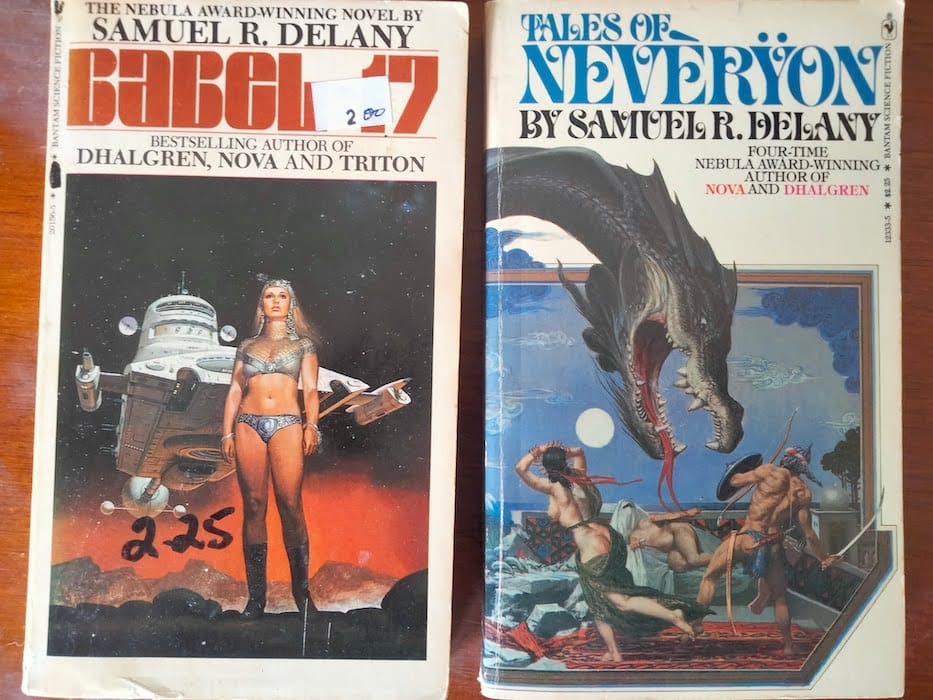
A normal person looking at these books would reasonably assume they contain some kind of lurid trash. Delany probably wouldn’t mind this at all, though. His whole career has been a sustained effort to blur the lines between serious literature and “lowbrow” genres—not only sci-fi and fantasy, but also pornography, with literary-erotic works like Equinox (1973) and Hogg (1995).
(Incidentally, here’s the cover of the ebook reissue of Tales of Nevèrÿon, published in 2012. I think it’s rather fitting that it’s both completely inaccurate and looks like dogshit.)
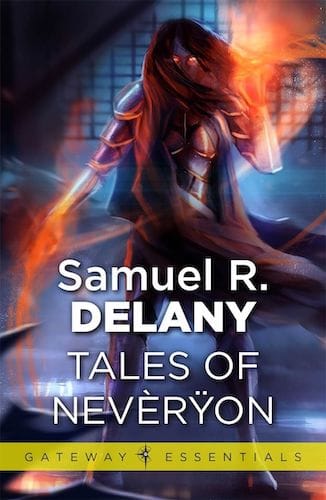
So Delany is an avant-garde writer, sometimes an unapproachable one. But Babel-17 is a great introduction to his work. This is a dumb novel for smart people. It has the basic structure of a pulpy space adventure, and it moves along at a cracking pace. But it’s layered with just enough clever ideas to make you feel clever for enjoying it.
The heroine of Babel-17 is Rydra Wong, “the galaxy’s greatest poet”. Her talent for languages makes her a useful asset to the military of the Earth-based Alliance. For decades the Alliance has been locked in an interstellar war with another human state, the Invader. As the novel begins, Rydra is approached by an Alliance general for help with deciphering the Invader’s latest weapon: a mysterious language called Babel-17.
As Rydra begins to decode the language, she finds that it alters her thoughts in remarkable ways. A little linguistics background here: Delany is playing with what’s commonly called the Sapir-Whorf hypothesis, the idea a person’s language can affect how they think. It’s commonly divided into the “strong hypothesis” (that language actively restricts what humans can think about) and the “weak hypothesis” (that language merely influences our patterns of thought). In this novel, Delany presents the strong hypothesis jacked up on anabolic steroids. Babel-17 is a kind of super-language, more precise and analytical than any other. Thinking in Babel-17 allows Rydra to gain deep insights into everything from astrophysics to battlefield tactics, essentially turning her into a supergenius. What's more, Babel-17 is much faster than other languages—it literally takes less time to say or think things—which apparently translates into superhuman reflexes.
Linguistic superpowers are one thing, but there is also a final secret to Babel-17 that I shan’t spoil. It’s the kind of twist that feels both brilliant and ridiculous at the same time.
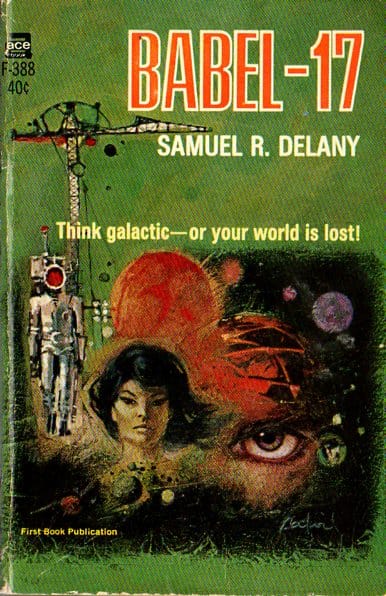
Aside from this high-concept premise, the novel also offers a deftly sketched future setting, which is evidently inspired by Delany’s life in the counterculture spaces of 1960s New York. Unusually for this period of science fiction, gay and polyamorous relationships are depicted openly (though not in as much detail as Delany’s later works). The crews who work on interstellar spaceships have their own distinct culture, sexually and emotionally uninhibited. They are easily identified by their extreme body modifications: one man has “red and green jewels set into his chest, face, arms and thighs”; while the space pilot Brass has “ivory saber teeth”, “plush paws” and a golden lion’s mane. To recruit Brass into her crew, Rydra visits a bombastically queer underground fight club, where spacers indulge in exotic drugs, and wearing clothes is strongly discouraged.
Rydra herself is a wonderfully filled-out character. Some people might label her a Mary Sue: she’s a renowned poet, ex-military intelligence officer and starship captain, is so charismatic that multiple men fall in love with her at first sight, and she’s also the only known telepath in the universe. Yet, for both the reader and the characters, she’s very hard to dislike. Reading about her is like hanging out with a particularly talented friend who is simply too charming for you to ever feel jealous of them.
There are a few elements in the book that have become dated, though mostly in a charming way. It’s a future society with cheap space travel and digital mind-uploading, yet audio is still recorded on cassette tapes. Conversely, the quality of Delany’s prose has aged in reverse: most sci-fi writers today can’t hold a candle to him. Overall, Babel-17 is a somewhat slight book compared to later, denser Delany works like Dhalgren and Tales of Nevèrÿon. But it’s also a lot breezier and more fun.
Availability: Babel-17 is available as an ebook and e-audiobook (with excellent narration by the prolific Stefan Rudnicki). Classic editions can be found online for under $10 USD.
Further Reading
- I'm feeling a little attacked this week after reading B. D. McClay's article "Enough with the 'Forgotten' Writers" in The Week. A clear-eyed and thoughtful piece on what it means to preserve, or claim to preserve, a writer from the mists of literary history.
To leave a comment or suggest a weird old book, find me on Bluesky @gnipahellir.bsky.social, or email me at paperbackpicnic@gmail.com. I am no longer on Twitter.
Header cover art by Vicente Segrelles.
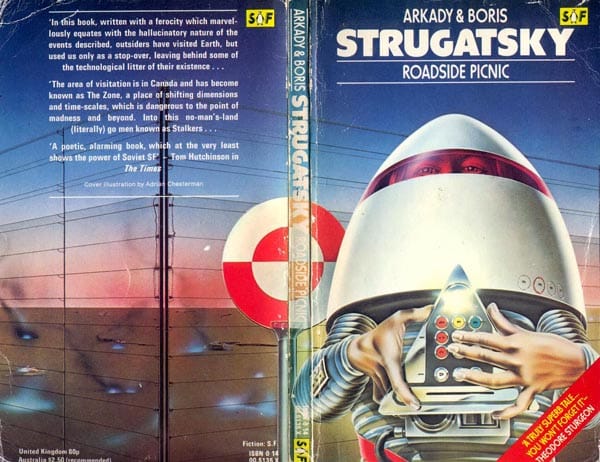
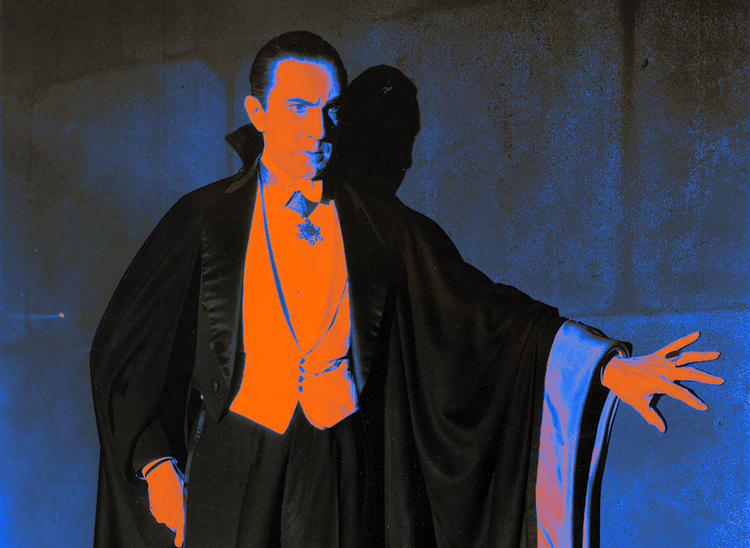

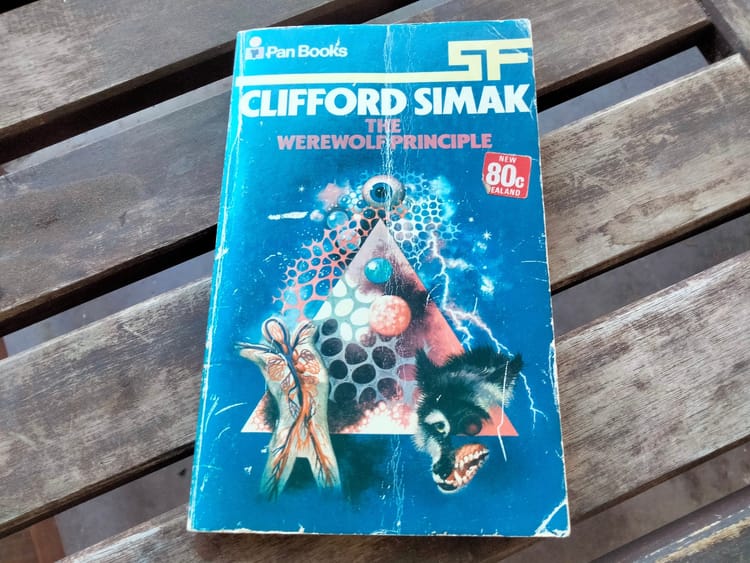

Member discussion